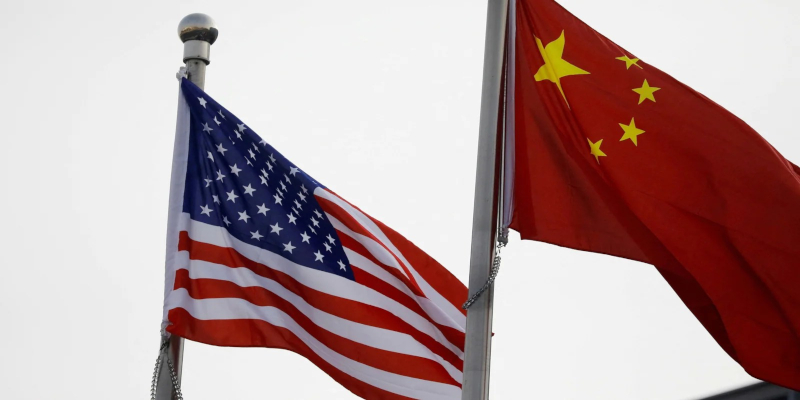Dharamshala, 22nd December: In the latest tit-for-tat response to Washington’s own sanctions targeting suspected perpetrators of “genocide” in Xinjiang, China has blacklisted four members of a US congressional panel on religious freedom. Beijing also chastised the US for establishing a new special coordinator for Tibet and chastised international powers for criticizing Hong Kong’s municipal elections, which weeded out the opposition.
China’s treatment of Tibetans, Muslim-minority Uighurs in Xinjiang, and Hong Kong’s continuous crackdown on the opposition have all contributed to deteriorating diplomatic relations between Western nations and Beijing.
The Xinjiang issue, in particular, has spurred Washington to impose penalties on an increasing number of Chinese politicians and companies, as well as a diplomatic boycott of the 2022 Winter Olympics, causing China to retaliate with its own sanctions.
The latest targets, according to China’s foreign ministry, are four members of the US Commission on International Religious Freedom (USCIRF). Nadine Maenza is the chairman, Nury Turkel is the vice-chairman, and Anurima Bhargava and James Carr are the commissioners.
The announcement comes only days after the US launched a barrage of additional measures against Xinjiang, including a blanket ban on practically all imports from the area, which is a key global cotton producer, over allegations of forced labor. It has also lately blacklisted Chinese firms such as DJI, a drone manufacturer, and SenseTime, an artificial intelligence start-up, for allegedly cooperating with Xinjiang authorities.
European, British, and American lawmakers, Xinjiang-studied professors, and a London law company were among the targets of China’s past reciprocal penalties. China justified the Xinjiang camps as vocational training centers aimed at decreasing the appeal of Islamic extremism after originally denying their existence.
Uzra Zeya, the US Under Secretary of State, was named the new Special Coordinator for Tibetan Issues on Monday. She’ll be in charge of resuming talks between the Dalai Lama and China, as well as promoting “respect for Tibetan human rights.”

